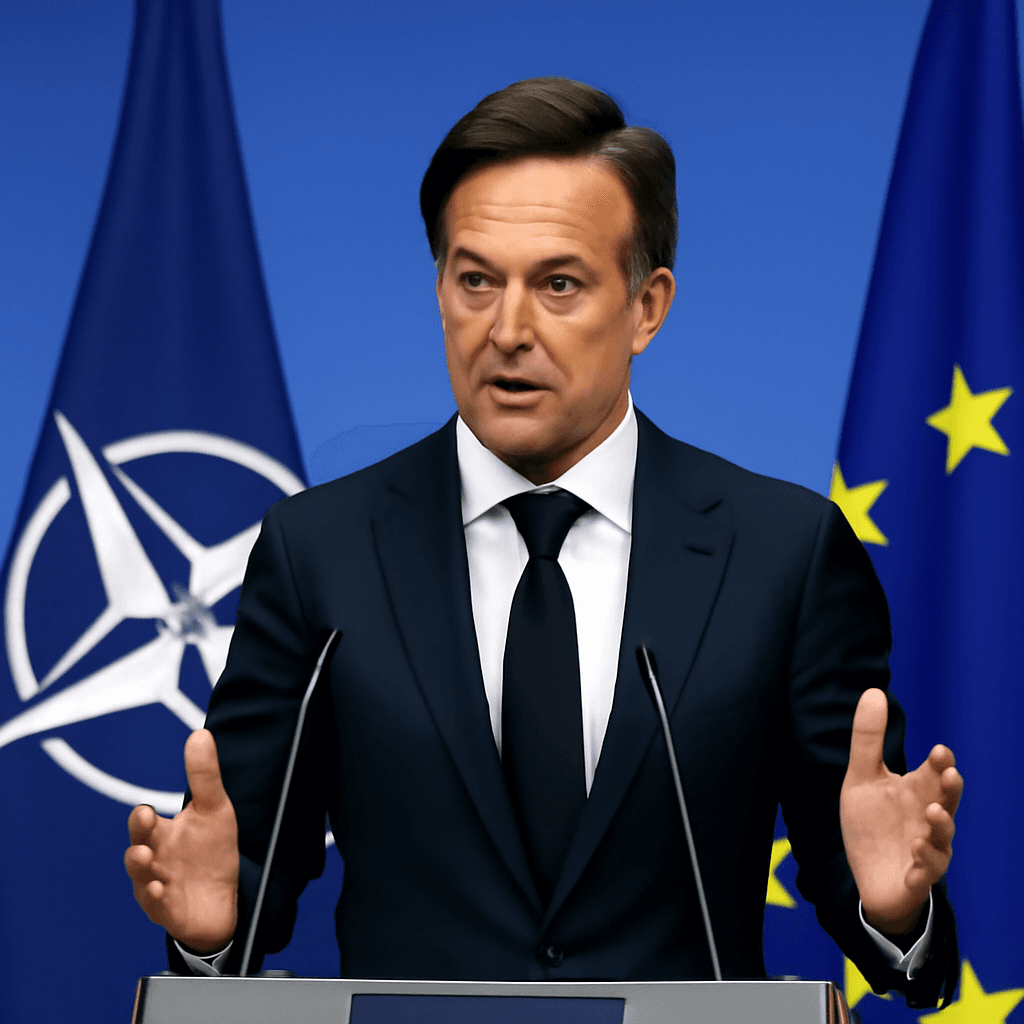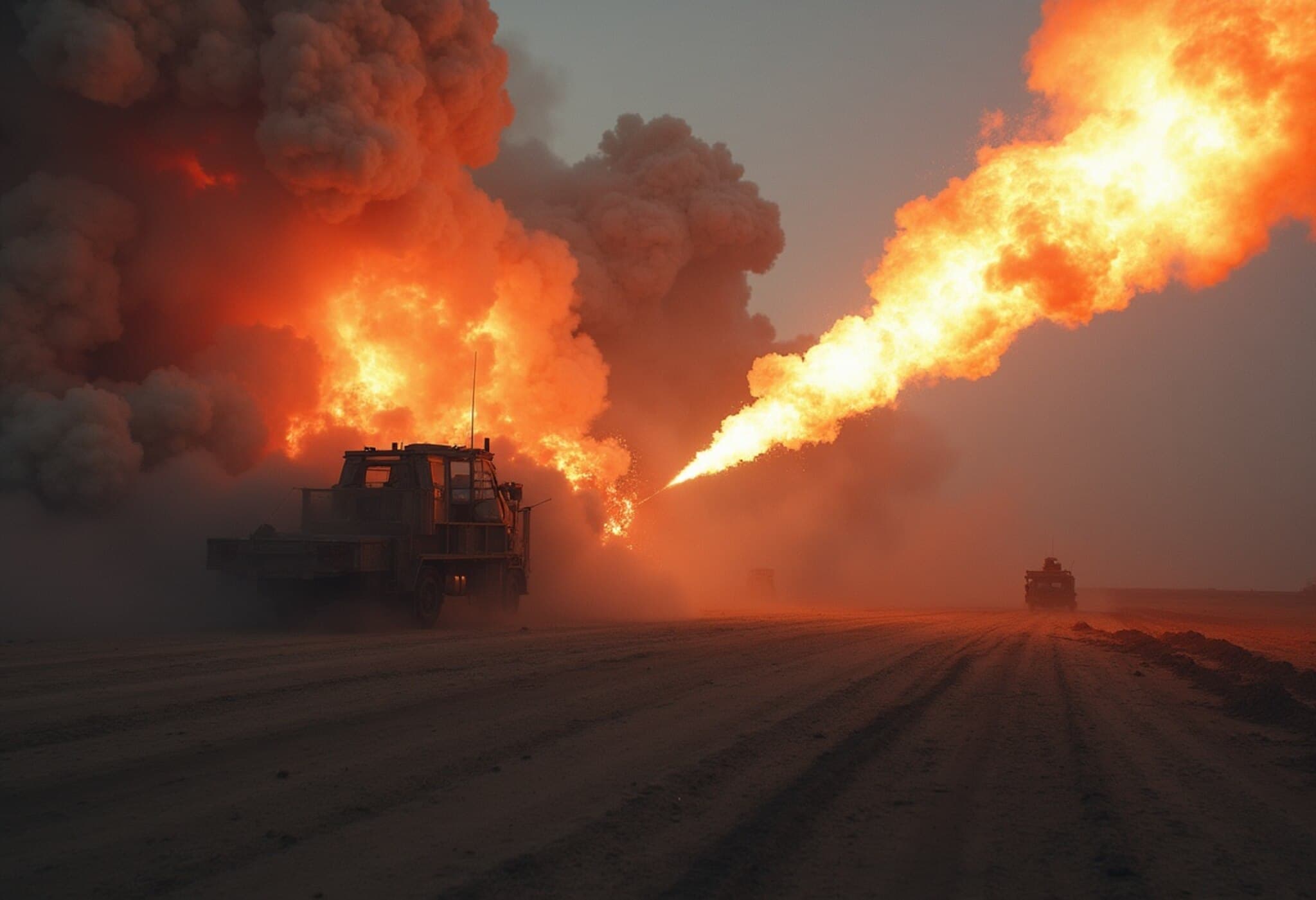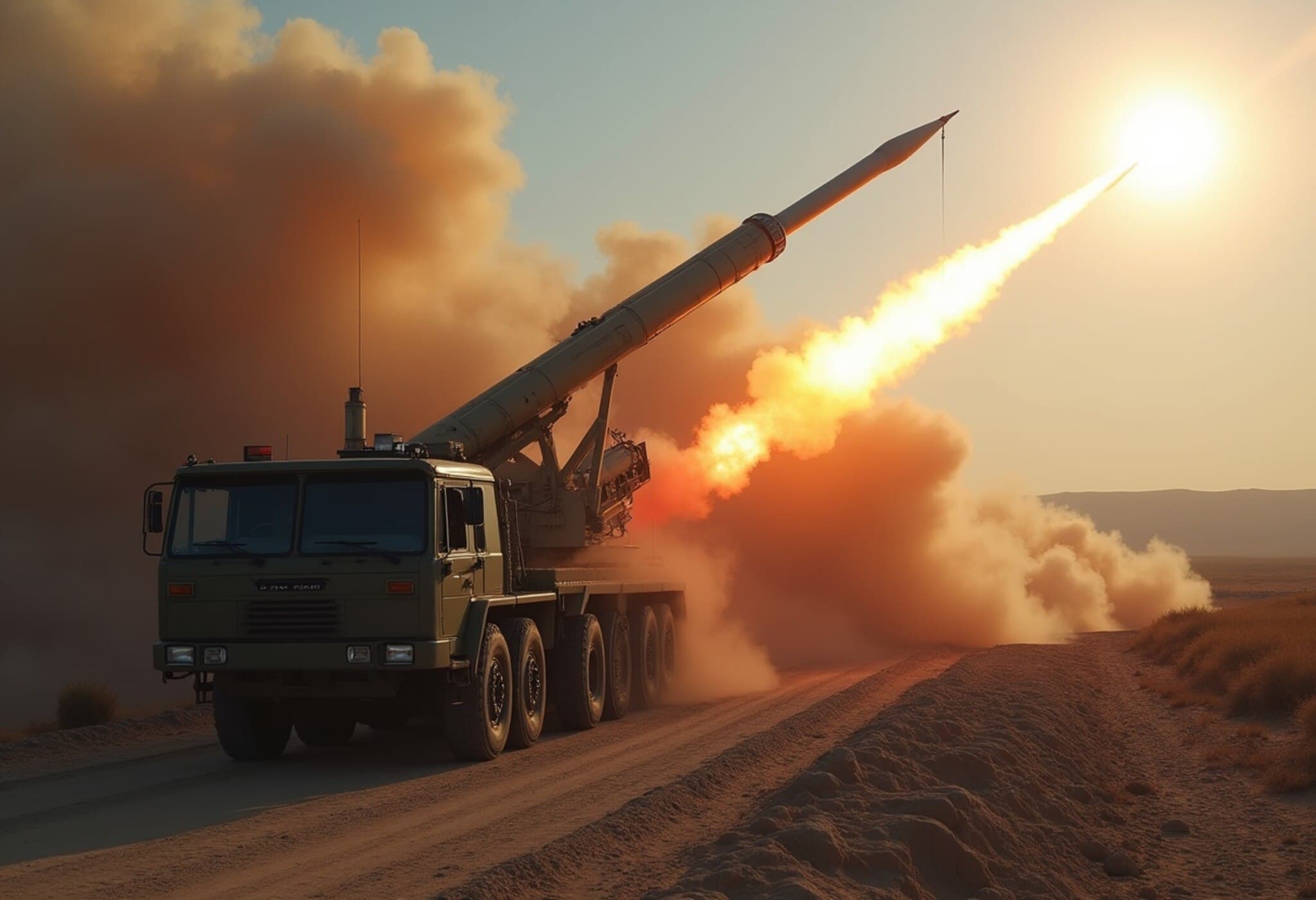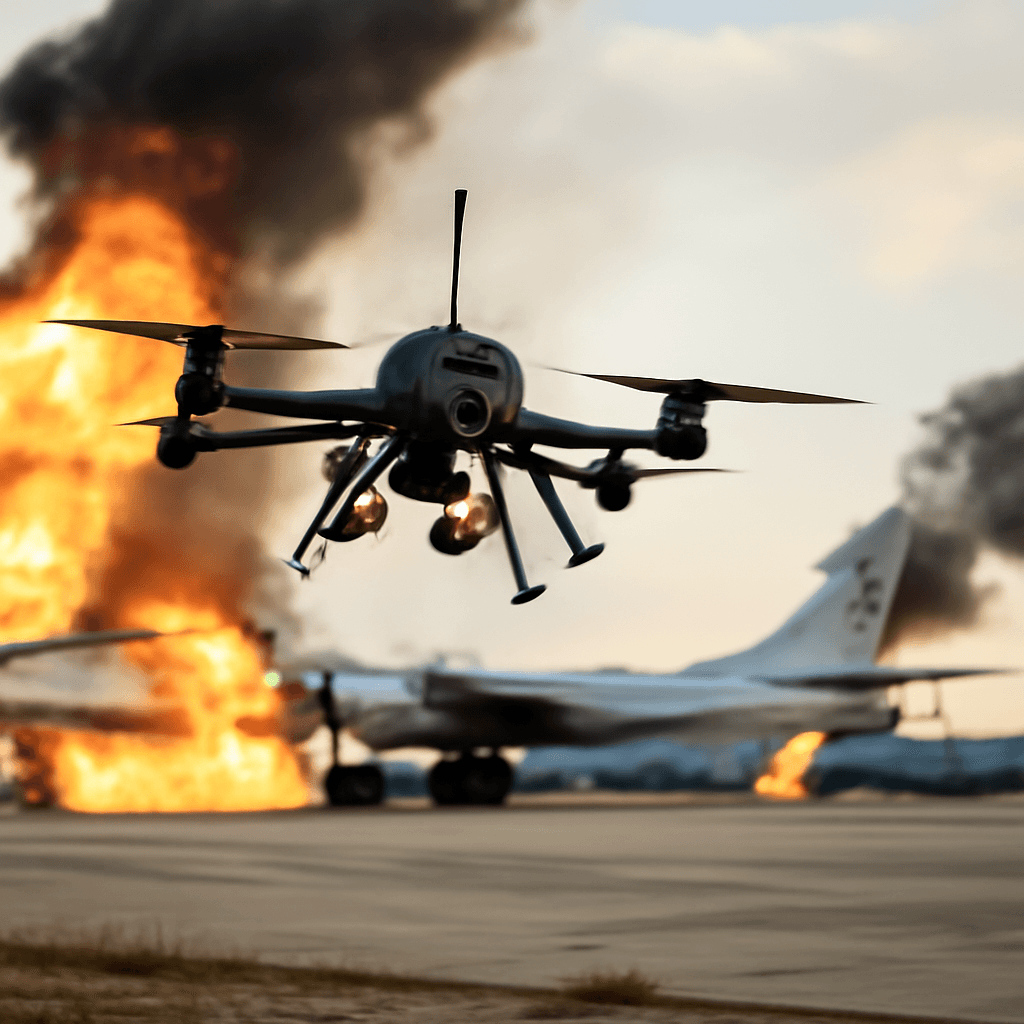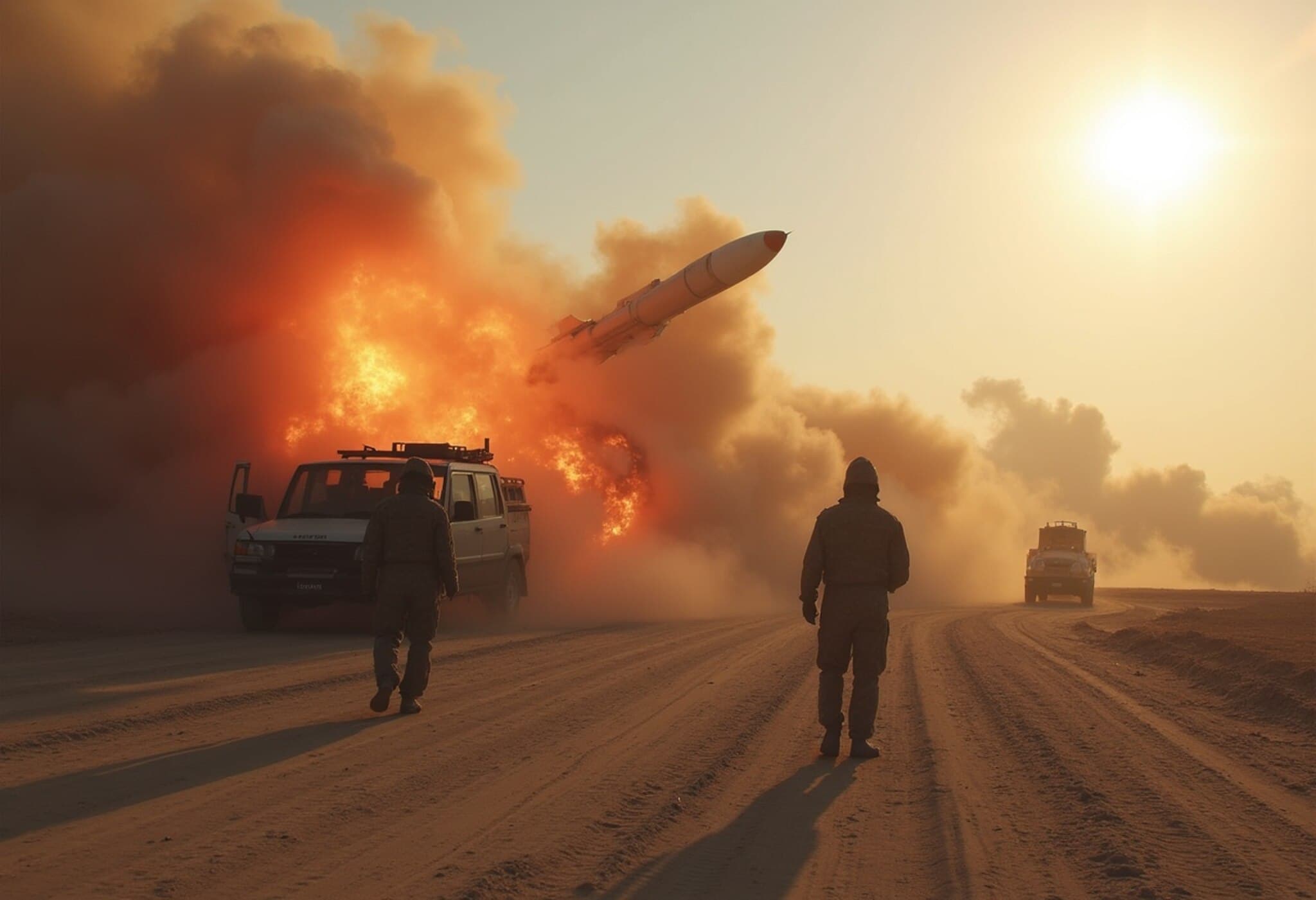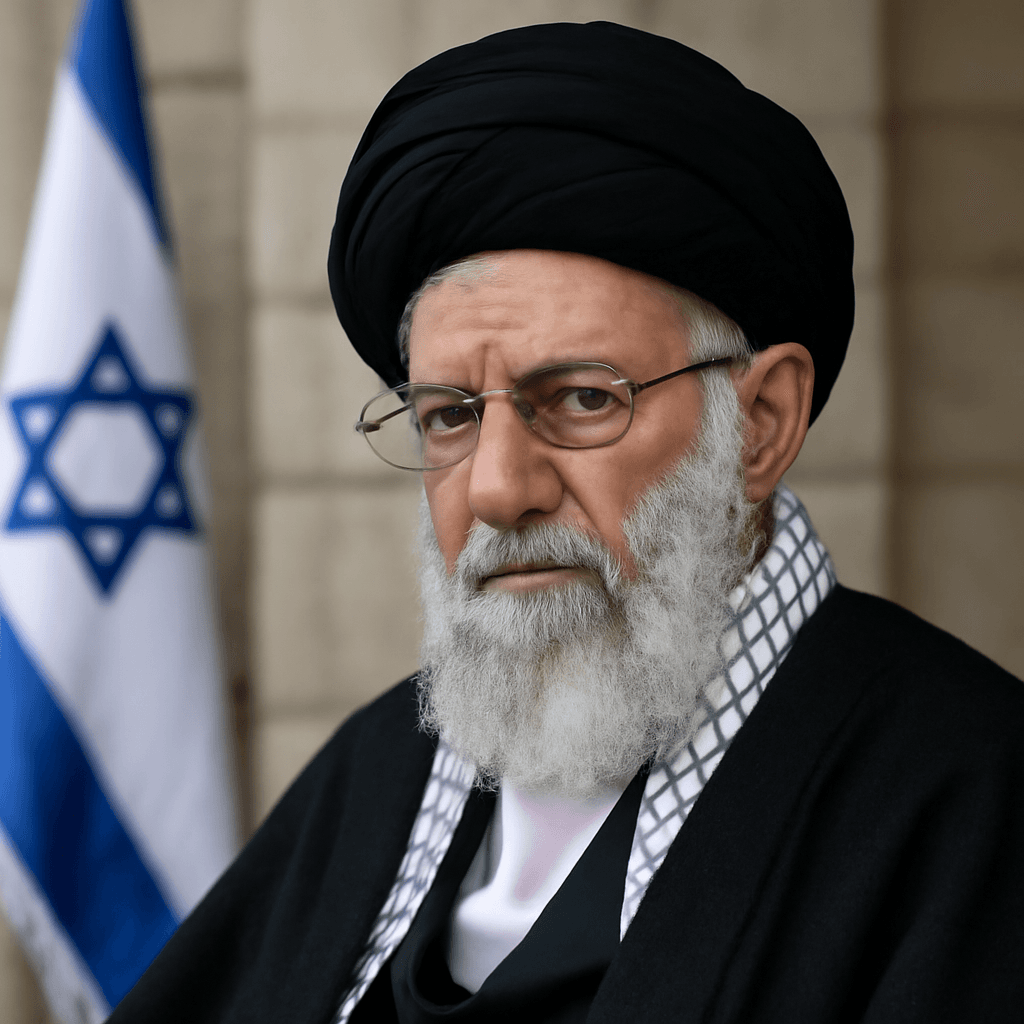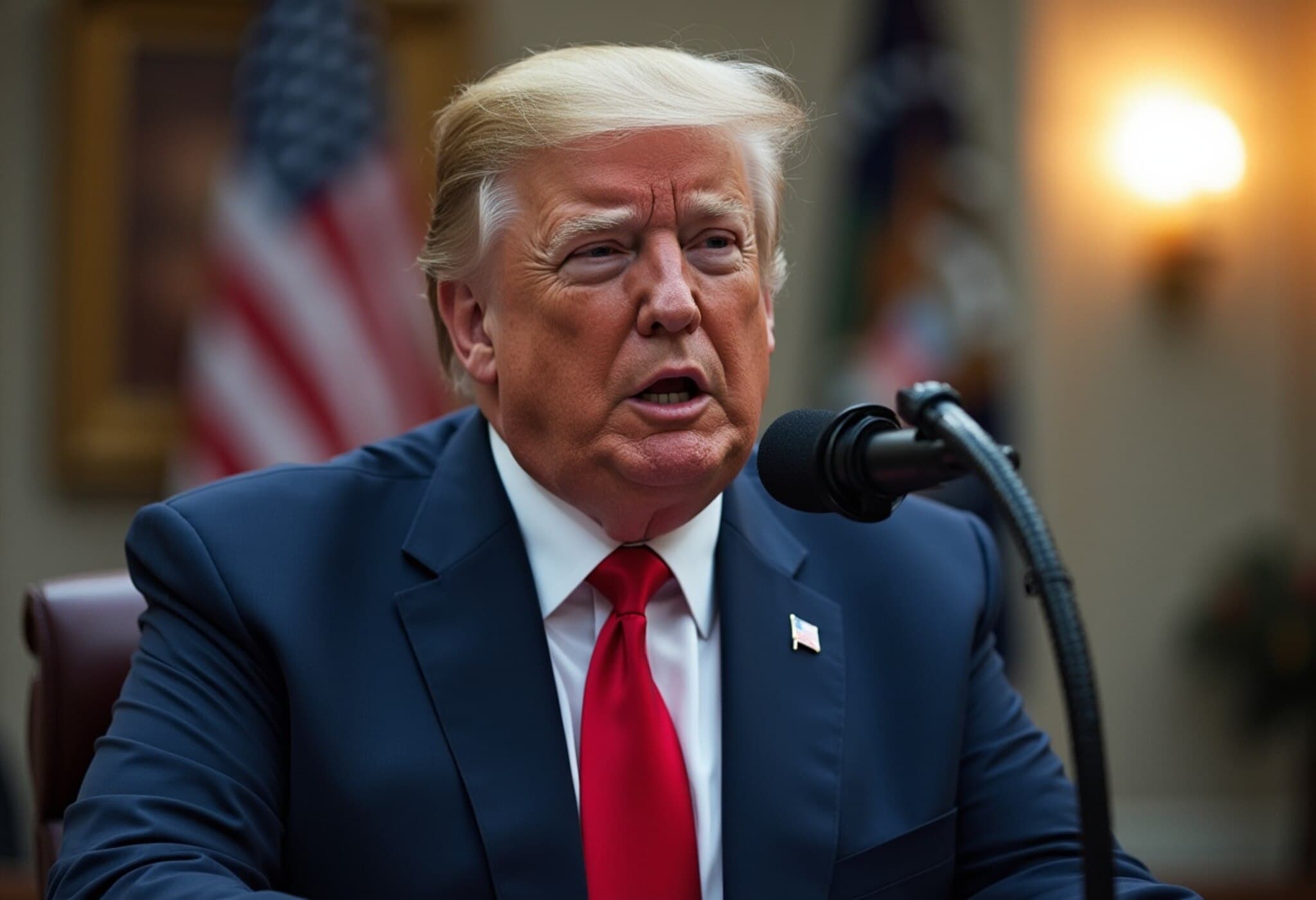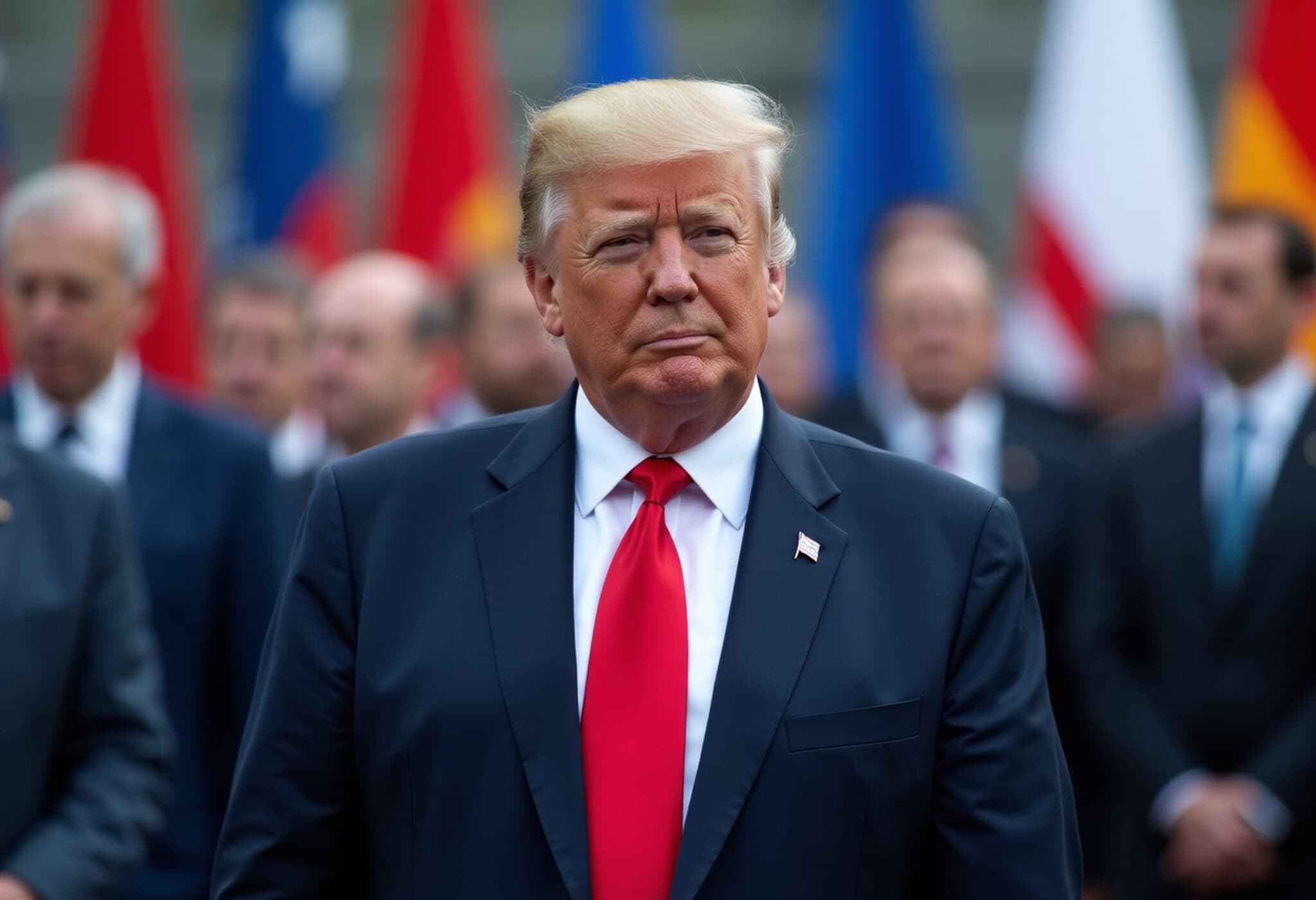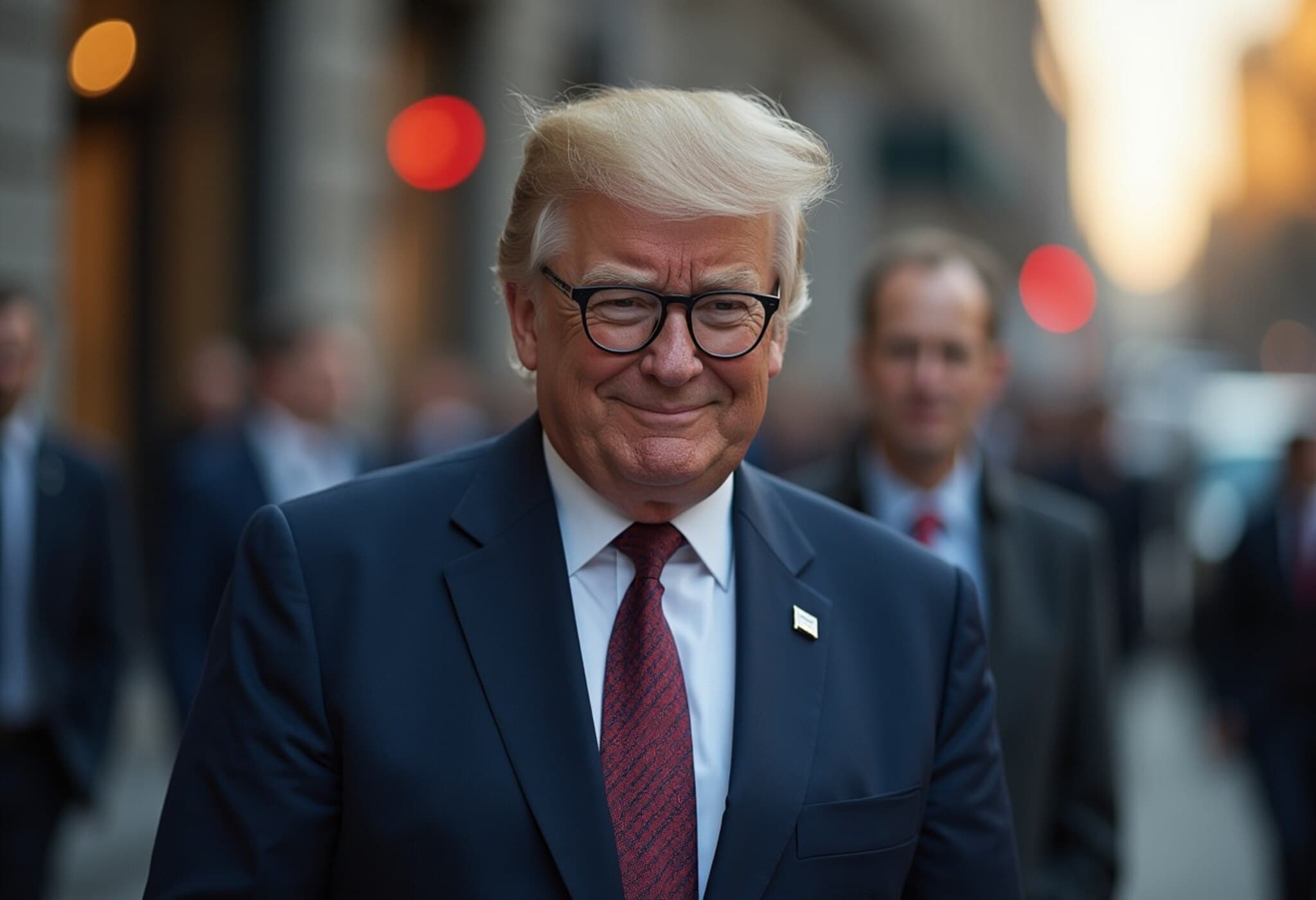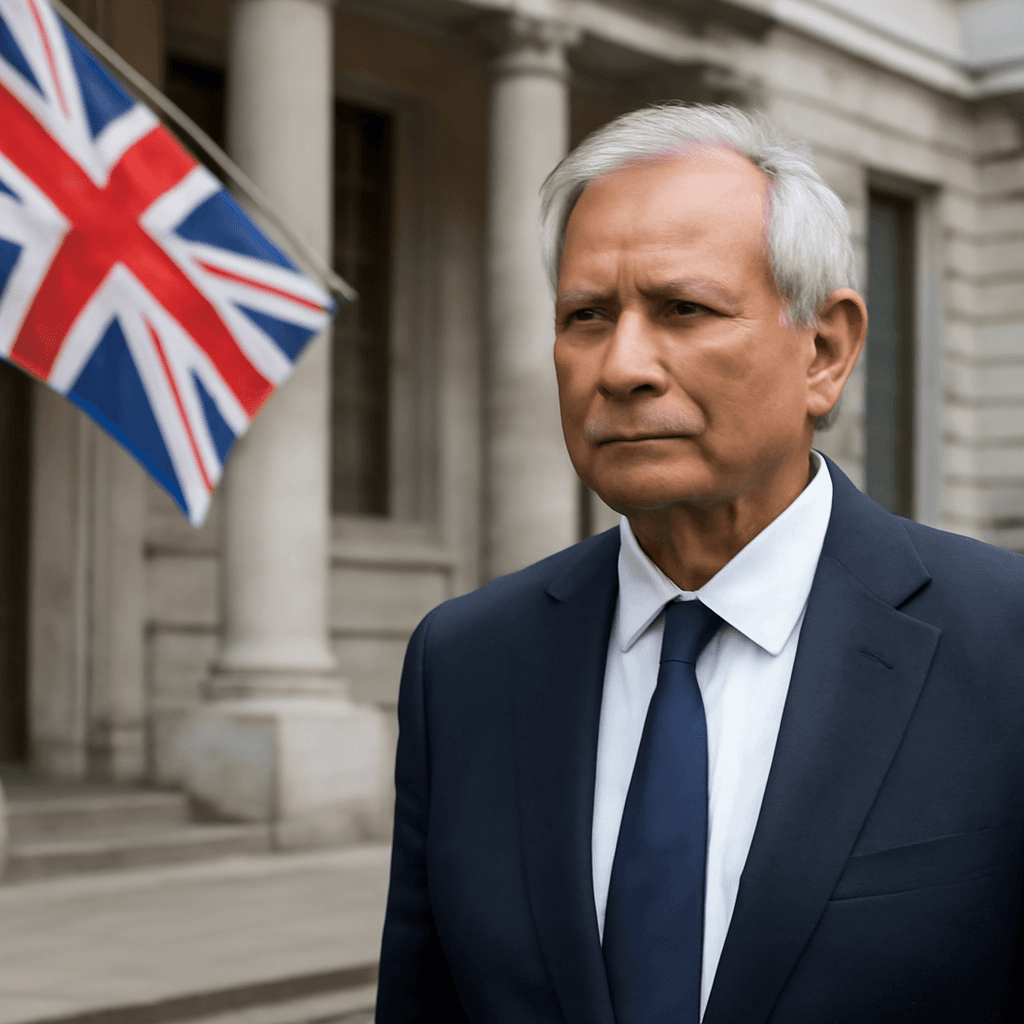NATO’s Call for Drastic Military Upgrade
NATO Secretary-General Mark Rutte is set to advocate for an unprecedented 400% increase in the alliance’s air and missile defenses to counter escalating threats from Russia. Speaking in London, Rutte will emphasize the urgent need for a “quantum leap” in collective defense capabilities as geopolitical tensions heighten.
Meeting Key Allies Ahead of Summit
Before the upcoming NATO summit in the Netherlands, Rutte is scheduled to meet UK Prime Minister Keir Starmer at 10 Downing Street. The summit, bringing together 32 member nations, aims to bolster commitments on military spending significantly.
Recent years have seen NATO members reassess their defense budgets in light of Russia’s 2022 invasion of Ukraine. The UK, for instance, has pledged to raise its defense spending to 2.5% of GDP by 2027 and further to 3% by 2034.
New Spending Targets Spark Ambitious Plans
Rutte proposes that NATO members strive for a defense budget that equates to 3.5% of GDP on military spending, coupled with an additional 1.5% on defense-related infrastructure—including roads, bridges, airfields, and seaports. He expressed confidence that these targets will gain approval at the summit slated for June 24-25 in The Hague.
Currently, 22 out of 32 NATO countries meet or surpass the existing 2% GDP defense spending target. The proposed increase aligns with prior calls for member states to allocate around 5% of GDP toward overall defense efforts, a demand that has drawn considerable debate within the alliance.
Strengthening NATO’s Arsenal and Readiness
Highlighting specific military needs, Rutte will underscore the necessity for thousands more armored vehicles, millions of artillery shells, and a quadrupling of air and missile defense systems. Pointing to the ongoing conflict in Ukraine, he said, “We see how Russia delivers terror from above, so we will strengthen the shield that protects our skies.”
Rutte warned against complacency: “Wishful thinking will not keep us safe. Hope is not a strategy.” He stressed that NATO must evolve into a stronger, fairer, and more lethal alliance to adequately safeguard its members.
Reactions from Russia and European Allies
Predictably, the Kremlin dismissed NATO’s buildup plans as confrontational, cautioning that they would burden European taxpayers unnecessarily.
Meanwhile, European powers, led by the UK and France, have been scrambling to recalibrate their defense strategies amid shifting U.S. foreign policies and calls for greater European defense responsibility.
UK’s Bold Defense Revamp
The UK government recently announced sweeping defense reforms, including the construction of new nuclear-powered attack submarines and enhanced army preparedness for potential conflicts in Europe. These measures mark the most significant transformation of British defense posture since the end of the Cold War.
This renewed military urgency signals a collective acknowledgment within NATO that the security landscape demands rapid and substantial enhancements to keep pace with emerging threats.

